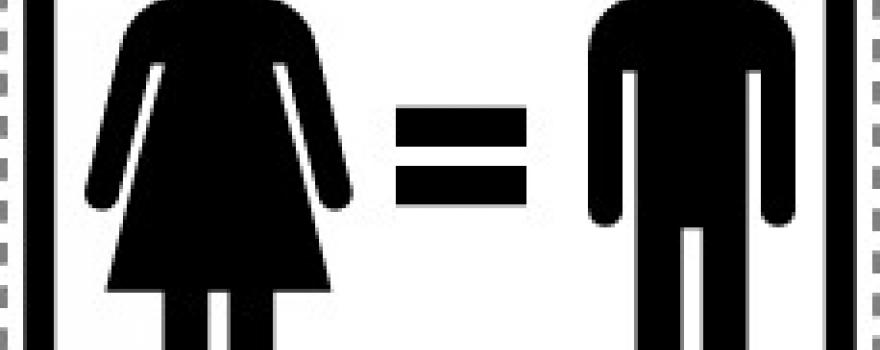8
March
2013
Understanding women’s oppression as a product of class society is crucial if we are to defeat it, says Judith Orr
Women’s oppression affects every part of women’s lives—from the commodification of our bodies to unequal pay. A recent report, Sex and Power, showed that the situation for women in terms of political representation in Britain is going backwards.
Many people are rightly furious at the way that women are treated and want to change things for the better. And feminist ideas are often the starting point when they get involved in political activity.
The GMB Trade-Union and socialists stand with all those fighting sexism. We help build campaigns for abortion rights, equal pay and against discrimination. But we also argue that, while oppression can’t be reduced to class, it is rooted in the rise of class societies and the family.
Feminism has always been a broad church with many different political currents. But it does not see the fundamental divide in society as between classes. Many feminists see the most important divide in society as between men and women.
There are new debates but also recurring arguments about oppression. So, some feminists argue that oppression is rooted in individual relationships with men. They say that men benefit from women’s oppression.
Some agree that unity between men and women is desirable in the long term. But they argue that men have a short term interest in women’s oppression with benefits such as women’s work in the home.
But women’s oppression and sexism divide workers against each other and weaken the working class. Even in the short term this makes the ruling class better able to push through attacks on all ordinary people—male or female.
It’s also important to look at the role the family plays in class societies. It is an institution that serves the interests of capital, not individual men. The family helps to minimise the cost to the ruling class of reproducing the next generation of workers. That’s why they are keen to prop it up.
The type of family people live in changes, but the ideology and the economic role remain. David Cameron recently said, “You know the best welfare system of all, it’s called the family”.
Our rulers don’t want ordinary people to see that we have a united interest. They want workers to feel they have a stake in the system.
That’s why they encourage the idea that men benefit from the system—and why some working class men believe that they benefit from women’s oppression.

